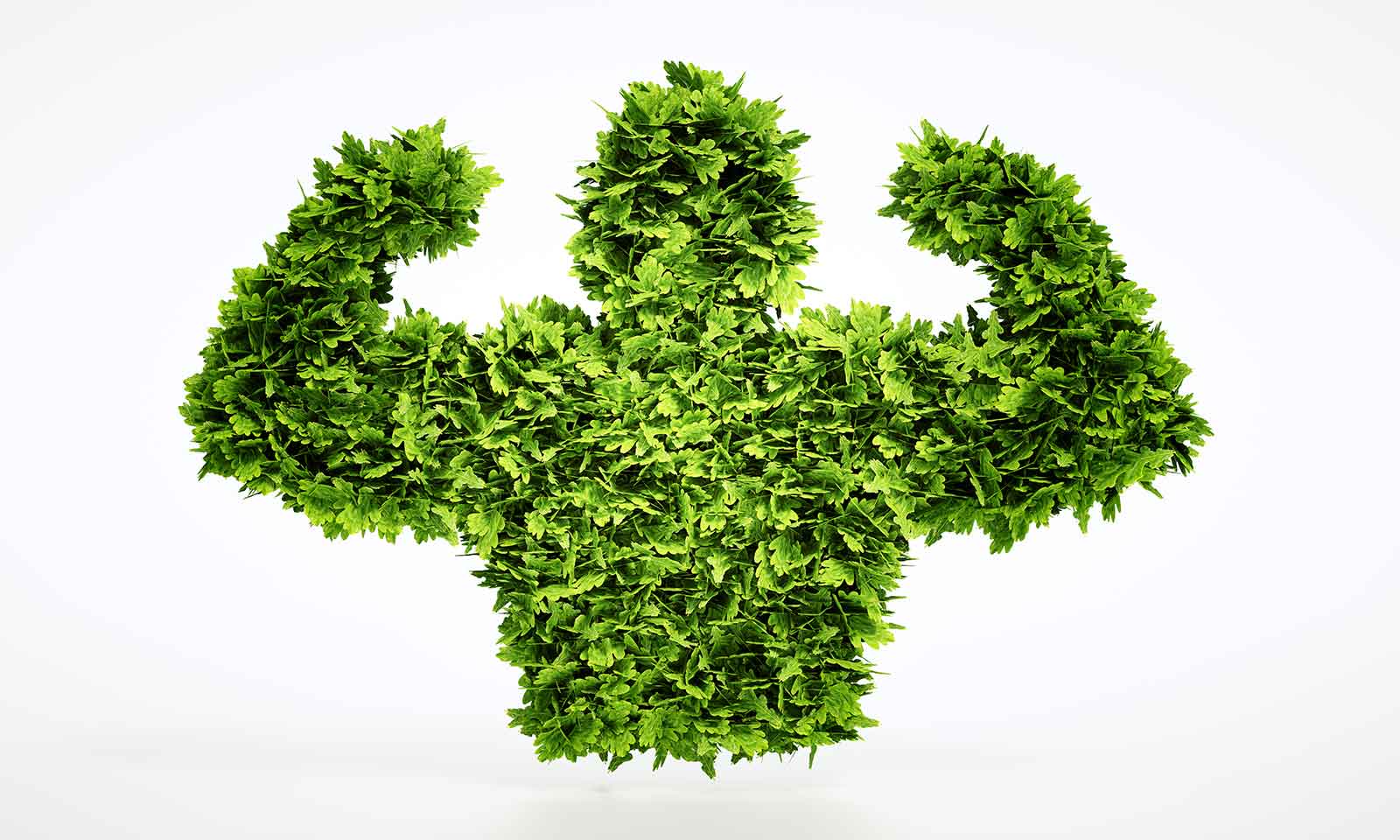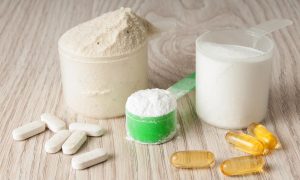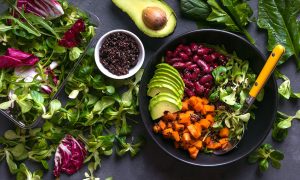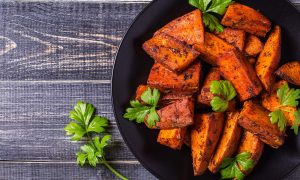Five Of The Best Protein Powders For Vegans And Vegetarians

|
|
For anybody that happens to have shown an avid interest in bodybuilding, or indeed in health and fitness in general for that matter, they’ll know right away what a vital role diet and nutrition both play in regards to just how much, or how little, progress you make with your physique. Building muscle for example, is a long, arduous, drawn out process that places such a distinct emphasis on actual diet and nutrition that it can almost make the act of lifting weights seem null and void. Ok, that’s perhaps a slight exaggeration but anybody who happens to have lifted weights in an attempt to build muscle mass will tell you that if your diet and nutrition aren’t both on point and consistent, you’re pretty much wasting your time and that you truthfully may as well not bother. Protein for example, is both a bodybuilder’s best friend, and worst enemy simultaneously. It’s their best friend because it is essential for growth and development, yet it is their worst enemy because not only do they get sick of consuming so much of it, they also struggle to consume enough on a daily basis. As far as popular sources of protein are concerned, of course the best examples that come to mind are meat, fish, and eggs. Whilst that’s indeed the case, protein supplement powders also play a key role, and that is where things can get tricky, especially if you happen to be a vegan or vegetarian. Many protein supplements are derived from sources that are not vegan and/or vegetarian friendly, but fear not, because there are many protein supplements out there that are just as popular and just as effective as some of the more well-known varieties, and best of all, they’re 100% vegan and/or vegetarian friendly. Here’s a look at just five.
Soy protein powder

For vegans and vegetarians alike, soy protein is arguably the most popular form of protein powder currently available, for a number of different reasons. It is naturally derived from soya beans as it is a by-product of these very beans and is made up of isoflavones, amino acids, and a great deal of fiber, which is hugely beneficial in itself. It digests and absorbs at a moderately quick rate and mixes extremely smoothly, forming a smooth and creamy consistency when mixed with various liquids. Not only that, but for people with allergies, soy protein is again a clear winner as it is both gluten and lactose-free.
Whey protein
This protein is solely for vegetarians who consume dairy, as vegans tend to go 100% dairy-free in most cases. Whey protein is naturally derived from milk and is the most popular protein supplement in the world. It comes in both concentrate, and isolate form, with the isolate offering more protein per serving than the concentrate. It is a fast-digesting and fast-absorbing protein that is ideal when consumed post-workout. For lacto-vegetarians, it of often combined with soy protein and consumed as a post-workout shake.
Hemp protein powder
Hemp protein powder is made from hemp seeds and is a plant-based protein that is proving extremely popular amongst vegans and vegetarians alike. It is a vastly underrated protein source as it is able to provide a full amino acid profile, meaning it provides all of the amino acids our bodies require, and on top of that, it is also easily digestible as well. Some people are put off by hemp protein because hemp deeds do contain natural healthy fats, making them high in calories. The fats contained within however, are extremely beneficial as they come from omega 6 and omega 3 fatty acids and provide countless benefits to our bodies. If you are cutting or watching your weight however, you will need to ensure that you track your calories and make sure that it fits your macros. Hemp protein powder also mixes very well and can be used for baking delicious high protein snacks as well.
Brown rice protein powder

Another incredibly underrated protein powder that not nearly enough people are getting enough of, is brown rice protein powder. Brown rice protein comes from, shock horror, brown rice, with a typical 21g serving providing around 17 – 18 grams of protein. One of the main benefits of brown rice protein, is that it is packed full of fiber, which as mentioned before, is very beneficial indeed. Fiber helps lower LDL cholesterol, and therefore helps protect against cardiovascular disease, plus it improves digestion and nutrient absorption rates. As if that wasn’t all, brown rice protein is also packed full of essential B vitamins that enhance immunity, plus it is again lactose and gluten-free, making it a popular choice amongst people suffering with food allergies as it is fully hypoallergenic. The only downside to brown rice protein is the fact that it isn’t considered a complete protein individually, meaning that it doesn’t provide all of the necessary amino acids our bodies require, which is why it’s recommended that you consume it with an amino acid supplement, or with protein powders that do provide all of the essential amino acids we require, such as hemp protein powder which we mentioned previously.
Pea protein powder
Guess where pea protein powder comes from? Yep, got it in one – peas, typically yellow peas. Studies have found that pea protein powder can help to prevent high blood pressure (hypertension) along with being able to help prevent kidney disease in the process. A typical 20g serving will provide around 20 grams of protein, and again it is ideal for people with allergies such as those allergic to soy or suffering with lactose intolerance. Again it isn’t a complete protein source as it doesn’t contain all essential amino acids but when paired with a complete protein source or amino acid supplement, it is an ideal vegan and vegetarian-friendly source of protein.












